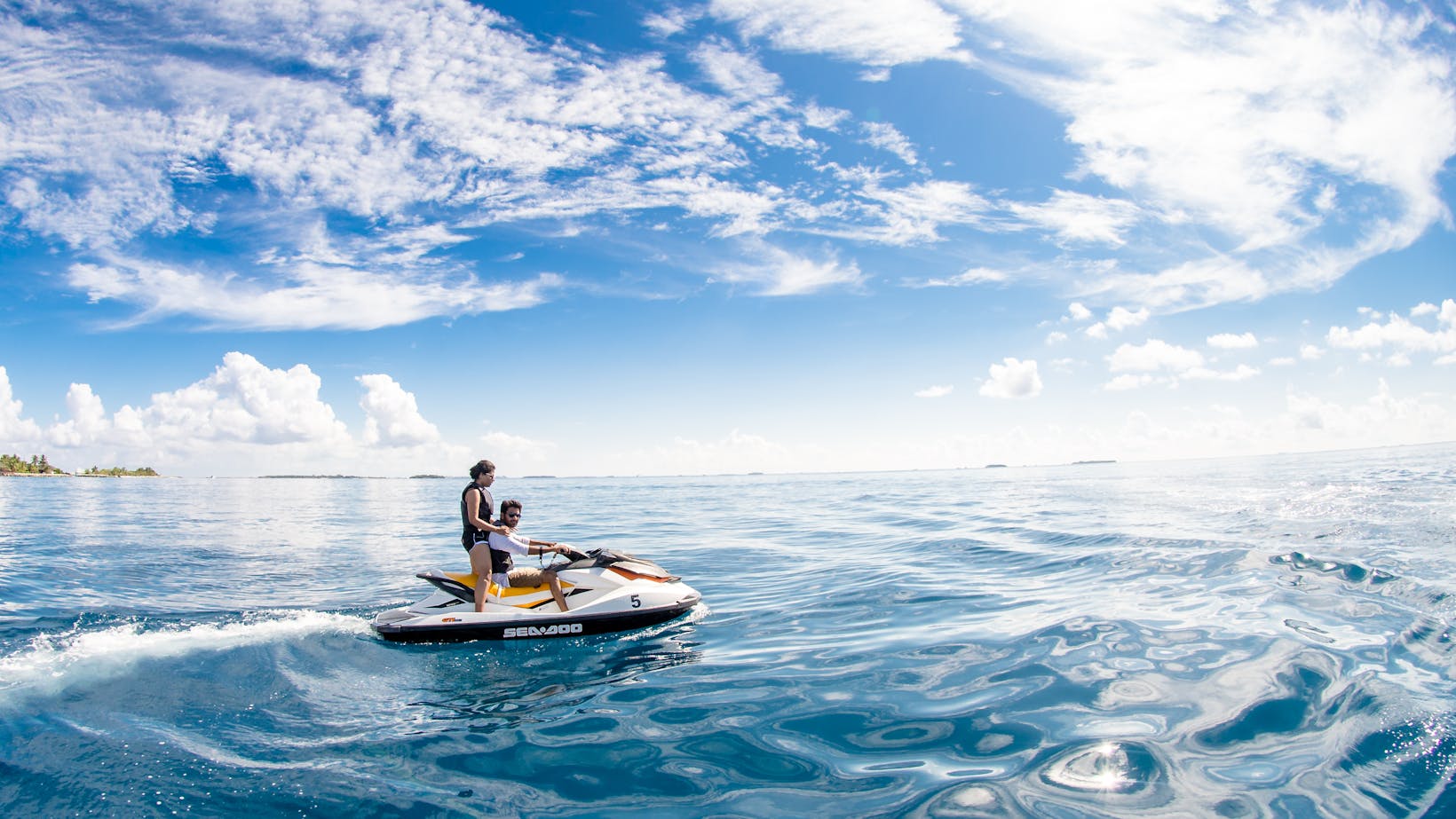Imagine the thrill of skimming across the water on a jet ski, feeling the spray of the sea on your face. But before you hop on and throttle up, there’s an important question you need to consider: do you need a license for a jet ski?
Do You Need a License for a Jet Ski
Indeed, the necessity for a jet ski license varies depending on location and user age. In some U.S. states like California, no specific jet ski license exists. However, one might be required to possess a boating education card if they’re younger than a certain age, for example, under 16. Conversely, states like Florida mandate anyone born after 1988 to have a boater education card, irrespective of their jet ski experience.
In a different part of the world, countries like the UK impose their own rules. British law requires the presence of Personal Watercraft (PWC) license for jet ski operation, demonstrating the varying degrees of regulations across different geographical locations.

For definite information, individuals are encouraged to check local regulations or consult with professional marine authorities, avoiding noncompliance. A seasoned jet ski enthusiast doesn’t overlook the fundamental step of verifying the licensing requirements; a commitment that’s as crucial as donning a life jacket. Simple as it may sound, it’s a step that fortifies maritime safety, keeping the thrill of jet skiing alive without breaching the law.
Examining the Jet Ski Training Course
A comprehensive Jet Ski training course lays the groundwork for safe and responsible operation. It involves understanding basic principles like steering, stopping, and maneuvering, beneficial across all jurisdictions, irrespective of varying licensing requirements. Drilling down into jet ski safety precautions, boaters learn to assess weather conditions, familiar with signals and buoys, and react promptly to possible maritime incidents.
Essential components often include:
- Equipment familiarity: Understanding the jet ski’s working mechanisms, such as ignition, throttle, and emergency shut-off switch, boosts command and control.
- Safety laws: Knowledge of regulations, including speed limits and right-of-way rules, ensures compliance.
- Navigation principles: Comprehending navigation signals, markers, and charts assists collision avoidance.
Repercussions of Operating Without a License
Operating without the necessary license or boating education card can attract profound repercussions. For instance, penalties vary from fines in several states to possible imprisonment in extreme cases. In Florida, unlicensed operators born after 1988 risk fines up to $500. Likewise, in the UK, riding without a Personal Watercraft (PWC) license incurs hefty fines.
Apart from legal complications, operator safety is at stake as the absence of a license indicates a lack of formal training. Untrained operators expose themselves and others to possible accidents due to ignorance about navigation principles and safety laws.
Moreover, insurance companies are less likely to cover unlicensed operators. Consequently, they bear the costly repairs needed following a jet ski accident. Insurance claims often depend on proper licenses and adherence to boating safety rules, providing an additional reason to ensure licensing.
How to Obtain a Jet Ski License
Obtaining a jet ski license requires completing requisite training and assessments, typically administered by reputable bodies like the American Safety Council and the Boat-Ed Program. Comprehensive courses encompass varying aspects, including navigation principles, boating laws, and safety measures. Upon successful completion, you garner integral knowledge and practical skills, ultimately culminating in the acquisition of a jet ski license.
To initiate the process, identify accredited training bodies offering these courses. Candidates then register for the course, which may be available both online and offline, offering flexible study options. Upon completing the course protocol, an assessment stage follows. Passing this exam formalizes the training, and successful candidates receive a qualification that serves as a license in areas where it’s applicable.

In regions like Florida, this completes the requirements, satisfying the need for proof of competency. In contrast, other areas, such as California, might require auxiliary requirements like a boating education card for young operators. Recognition of these variances keeps all operating in adherence with local authority directives, ensuring safe and compliant water craft operation.
Tips for New Jet Ski Operators
So, you’ve discovered that jet ski licensing isn’t a one-size-fits-all. It’s a complex terrain with varying requirements depending on your location and age. Before you hit the waters, it’s crucial to check your state’s or country’s regulations. Don’t overlook the importance of comprehensive training courses either. They’re not just about securing a license, but also about ensuring your safety and that of others around you.
Remember, operating a jet ski without a license can lead to legal troubles and hefty fines. It’s not worth the risk. Completing a recognized training program will equip you with the necessary knowledge and skills for a safe and enjoyable ride.
